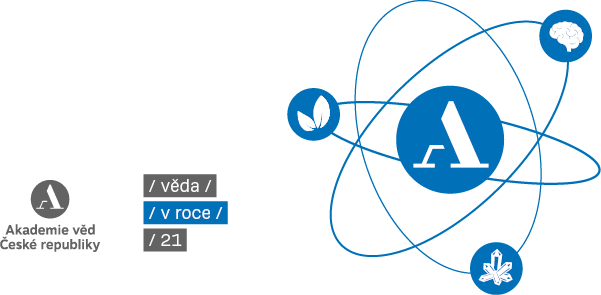Inside the White Rose: an anti-vaxx, Covid conspiracy theory ecosystem – Michael Marshall
When 2020 brought with it a new strain of coronavirus, the world was plunged into confusion and uncertainty. While most people accepted the realities of the virus, little white stickers began to appear in public around the world claiming COVID-19 was a hoax concocted by the governments of the world to instil fear into their people, as a pretext for introducing new, permanent totalitarian laws. The graffiti was part of a co-ordinated grassroots campaign by a group calling itself The White Rose, urging members of the public to join their encrypted messaging channels to learn more about what was really going on.
So that’s what Michael Marshall, full-time skeptical investigator and activist, did. After spending months undercover in the messaging app Telegram, he has reported on the various conspiracy theories spread by the White Rose, and how groups used the Covid crisis to radicalise vaccine hesitant members of the public into a dangerous ecosystem of misinformation and extremism.
Michael Marshall is the Project Director of the Good Thinking Society, Editor of The Skeptic, and President of the Merseyside Skeptics Society. He regularly speaks with proponents of pseudoscience for the Be Reasonable podcast, and presents investigative reporting on the Skeptics with a K podcast.
His work has seen him organising international homeopathy protests, going undercover to expose psychics and quack medics, and co-founding the popular QED conference. He has lectured at universities across the world on the role of the media, and has written for the Guardian, The Times, New Scientist and the New Statesman.




